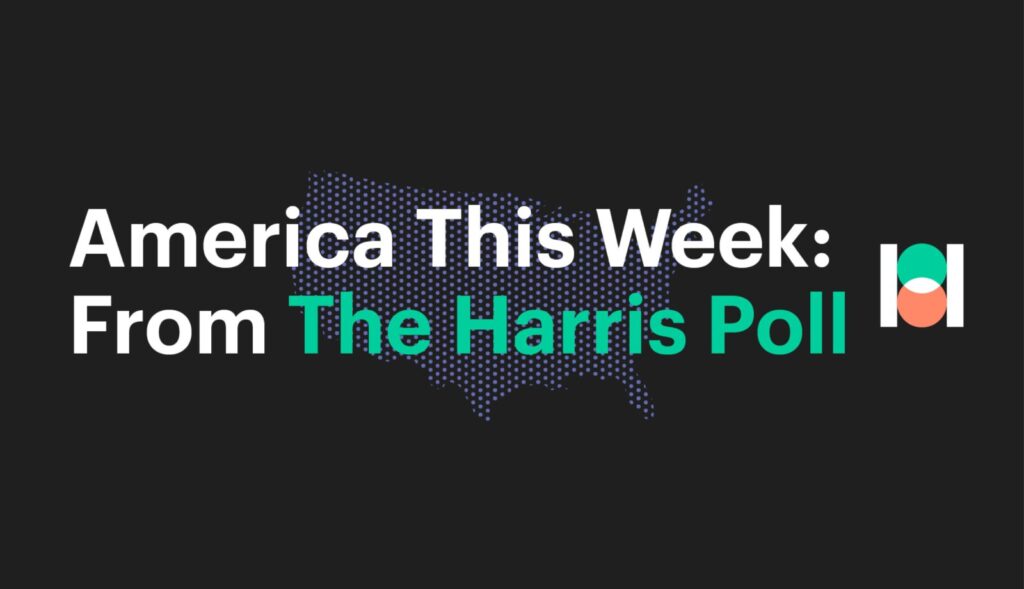Brief • 2 min Read

By: Kristen Mack & John Palfrey | John D. and Catherine T. MacArthur Foundation | Nov 30, 2021
Residents of Chicago see gun violence as its biggest problem and agree that the police department needs reforms. But they see many, sometimes opposing, paths to reimagining public safety.
In March 2021, we teamed up with The Harris Poll to survey Chicagoans about public safety. The results showed a city that wanted reform but disagreed about how to get there. A follow-up poll conducted in the fall shows how perceptions have changed. After that first survey, we shared a key takeaway: though the city is divided in how to get to reforms, we all share some common goals. That is still true.
These two surveys suggest that framing our shared goals with their community-focused similarities can help residents find common ground.
What Has Changed
When residents are asked about the most important problem facing Chicago, gun violence is increasingly the top concern, now up from 50 percent to 57 percent. The solutions they support to address gun violence have also changed: compared to the spring, more people support legislative and policing solutions.
Trust in police has gone up slightly overall, though it continues to be moderate at 6.15 out of 10. This increased trust could be supporting the belief that police presence, community engagement, and follow up after gun violence can help reduce violence.
Younger generations and Asian American and Pacific Islanders are the exception: these groups report less trust in the Chicago Police Department (CPD) than in the beginning of 2021. And in police encounters, more people of all demographics report negative experiences (23 percent of all residents, 37 percent of people of color) or being racially profiled (33 percent of residents of color).
These two trends—the perception and actual experience of police interactions—seem to counter each other. The difference could be due to the higher police presence in the summer months. As city officials try to reduce violence through policing, it also increases the chances of negative experiences.
Support for Reforms and Solutions
In both surveys, about three-quarters of residents believe CPD needs reform and want increased funding for police alternatives. Residents do not think the city has done enough to reform policing and public safety. There is broad support for sensitivity training, new gun use policies, and integrating social workers onto the police force.
Chicagoans feel more racial tensions, a falling sense of community, and increased concern for safety of marginalized groups. Residents are also concerned about people who are the most marginalized—residents of color and people who are experiencing homelessness and mental and behavioral health issues.
People believe that these issues are systemic and support the alternatives to policing to address them. Residents overwhelmingly support increasing funding for social services, non-police public safety alternatives, and meaningful police reforms.
These solutions and reforms require budget changes, and the framing of budget questions matters. While 46 percent of respondents support “defund the police”, when you reframe it as “reallocating CPD budget,” 56 percent support it. If police budgets were to be reallocated, as this question suggests, residents prioritize funding gun violence reduction tactics.
In fact, Mayor Lori Lightfoot’s 2022 budget closely reflects the priority on violence reduction and policing alternatives. The budget boosts police spending to $1.9 billion with an additional $52 million for mental health initiatives, $150 million for youth programming, and $85 million for violence intervention.
How we frame our city’s problems clearly has a big impact. We share similar goals across racial and ethnic backgrounds and neighborhoods. Even with the perceived divides in our city, if we call our neighbors in, we can take advantage of wide support for reform.
Download the full Harris report on reimagining public safety.
Read the full story at The MacArthur Foundation Perspectives.
Subscribe for more Insights
Subscribe to our newsletter for the latest trends in business, politics, culture, and more.
Related Content









